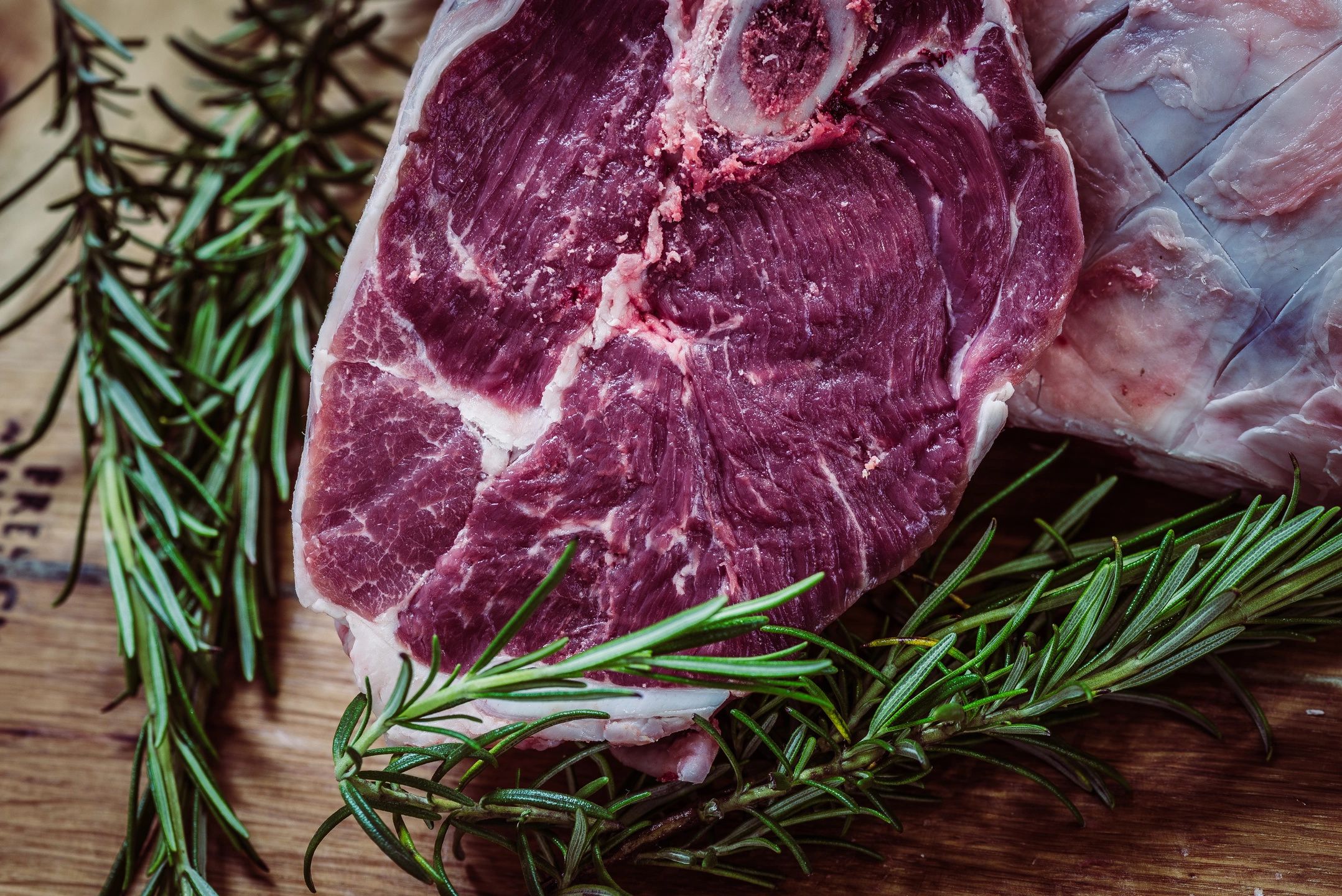
Myth-Busters About Red Meat
MYTH: Red meat is bad for you.
TRUTH: Contrary to the recent media headlines, the meat is healthy and can absolutely be a part of a nutrient-dense, whole-foods diet.
Red meat is a rich source of the B vitamins thiamin, riboflavin, pantothenic acid, folate, niacin, Vitamin B6 and especially Vitamin B12. In fact, sufficient red meat intake is one of the easiest ways to ensure adequate intake of Vitamin B12, a vitamin that plays a role in aging, mental health, cardiovascular disease, and infertility.
In addition, the meat contains large quantities of the most absorbable forms of Vitamin D and iron and significant levels of zinc, magnesium, copper, cobalt, phosphorus, chromium, nickel, and selenium.
Red meat even trumps white meat with a more stable fatty acid profile -containing beneficial saturated (yes, there is such thing) and monounsaturated fats with limited polyunsaturated fats – despite the animal’s feed. Meaning, although grass-fed and pasture-raised meat is better overall, red meat from a conventionally raised animal is better for you than white meat from a conventionally-raised animal.
The meat does not cause heart disease, cancer, inflammation, kidney disease, or gout and it’s not as harmful to the environment as some suspect.
Contact us to learn more!
*Disclaimer: This Myth-buster blog is intended solely for general information for the reader and is not meant to provide personal medical advice or treatment or replace your practitioner’s recommendations. Always consult your health care provider for any medical advice.



